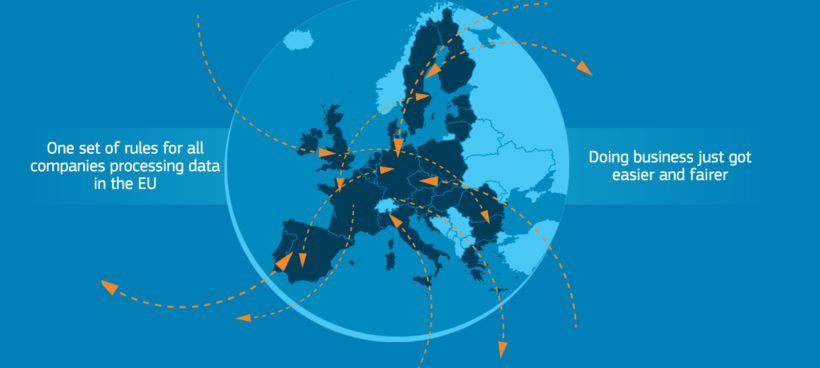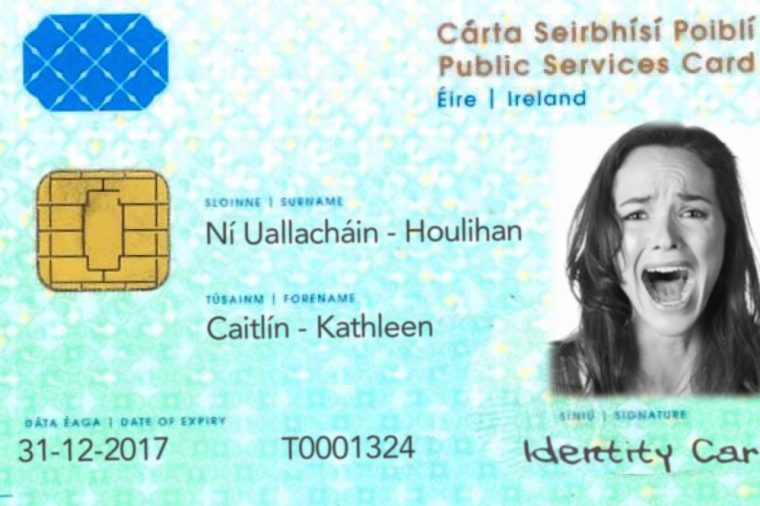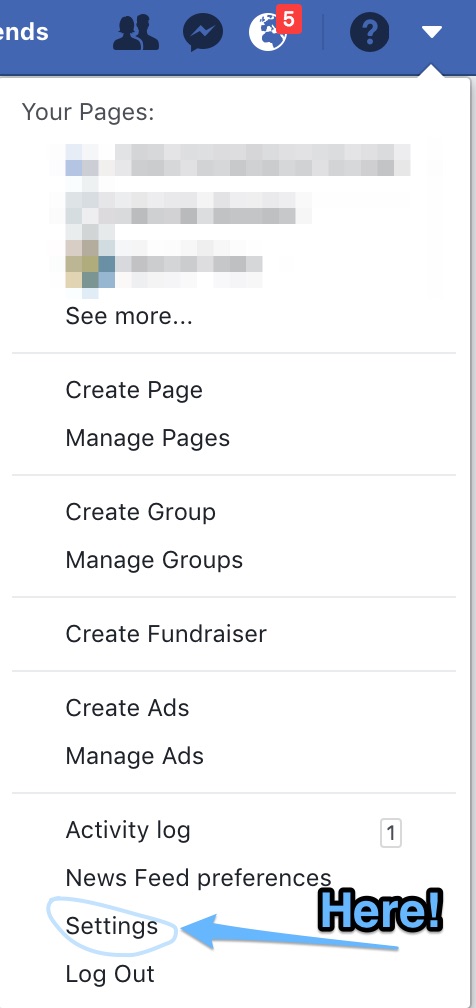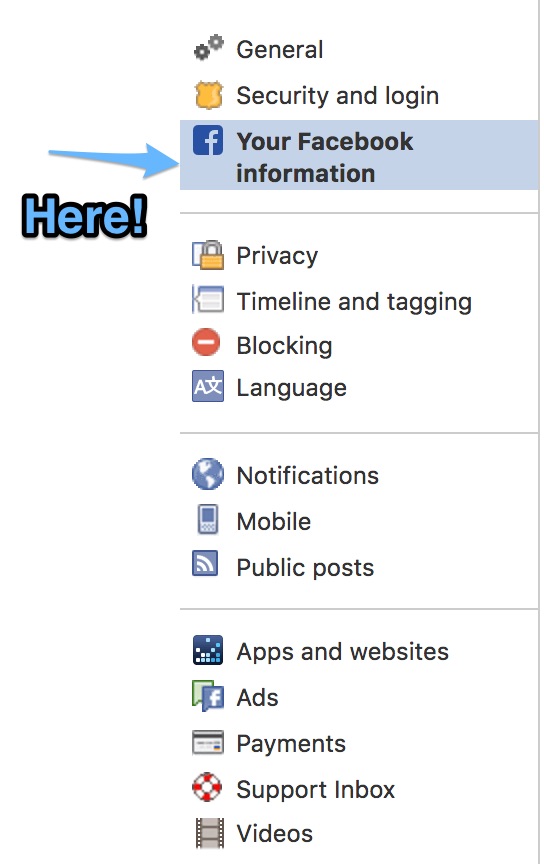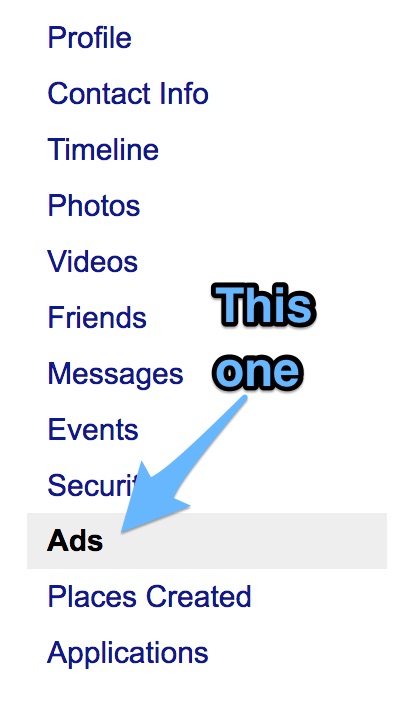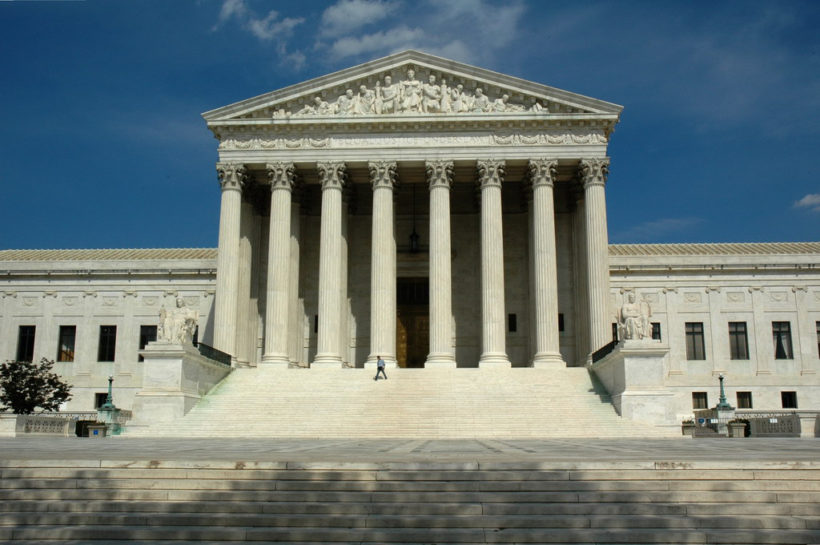The Government and military forces of Myanmar are the central focus of the UN Human Rights Council mission report on the plight of the Rohingya people of Myanmar. However, the report cites Facebook’s involvement and states:
“The extent to which Facebook posts and messages have led to real-world discrimination and violence must be independently and thoroughly examined.”
Ostensibly, it falls to Ireland to initiate an examination as suggested by the Human Rights Council mission because the Facebook accounts established for the Myanmar military (the “posts and messages” referred to in the report) were, contractually, located in the Dublin offices of Facebook Ireland Ltd.
Genocide was one of the wrongful acts investigated by the Human Rights Council mission.
Genocide is defined in Article 2 of the “Convention on the Prevention and Punishment of the Crime of Genocide” (“the Genocide Convention”) as “any of the following acts committed with intent to destroy, in whole or in part, a national, ethnical, racial or religious group as such:
a) Killing members of the group;
b) Causing serious bodily or mental harm to members of the group;
c) Deliberately inflicting on the group conditions of life calculated to bring about its physical destruction in whole or in part;
d) Imposing measures intended to prevent births within the group;
e) Forcibly transferring children of the group to another group.
Ireland is bound by the Genocide Convention, having signed it and ratified it. The Convention (Article 4) requires punishment of offenders. Offenders may be “constitutionally responsible rulers, public officials or private individuals”. The Genocide Convention extends to the offence of “complicity”.
The Human Rights Council mission stated:
“The Mission regrets that Facebook is unable to provide country-specific data about the spread of hate speech on its platform, which is imperative to assess the adequacy of its response.”
The Human Rights Council mission also stated:
“Facebook has been a useful instrument for those seeking to spread hate, in a context where for most users Facebook is the Internet.”
Under Article 5 of the Genocide Convention, states are obliged to “provide effective penalties” for persons guilty of genocide or related offenses.
Under Article 50 of the 1949 Geneva Convention, by which Ireland is bound, states are under the obligation to search for persons alleged to have committed, or to have ordered to be committed, such grave breaches [war crimes], and shall bring such persons, regardless of their nationality, before its own courts… [or] hand such persons over for trial to another High Contracting Party …
At a minimum, Ireland is in a position, and obliged in law, to practically investigate the role of the Facebook platform in the “spread of hate” prior to and during the breaches of human rights law suffered by the Rohingya people of Myanmar and to secure the evidence which Facebook was unable to provide to the Human Rights Council mission.
The fact that Facebook has, reputedly, moved this evidence to California is not an obstacle; the European Parliament has challenged the propriety of that move and Ireland has the legal power, under the GDPR, to require, of Facebook, the return of the evidence to Ireland.





